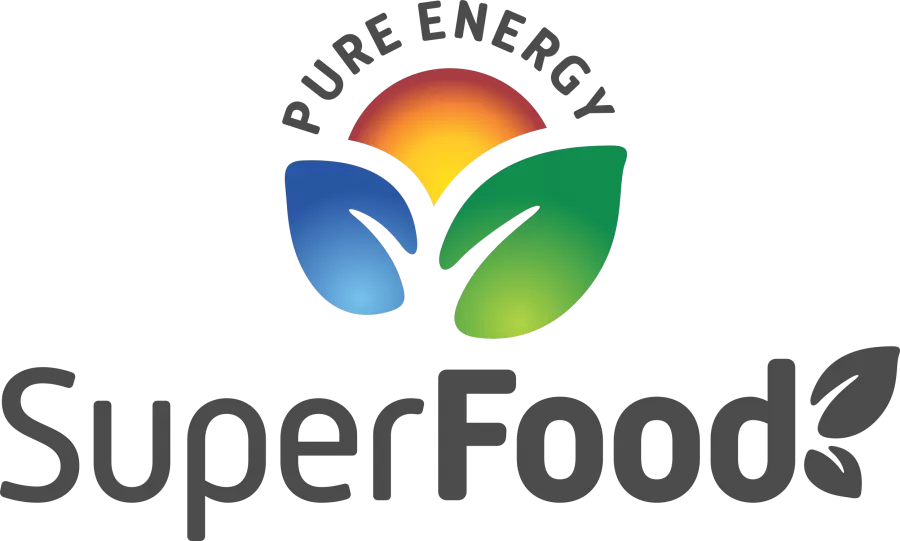Millet Flakes Organic Gluten Free 200g
Delivery time from 1 to 3 working days.
Money back guarantee if not satisfied.
Millet is a cereal that does not naturally contain gluten. It is a good source of protein, plant fiber, B vitamins, manganese, copper, phosphorus and magnesium. Of all cereals, it has the best amino acid composition and the highest iron content. If you start using it regularly, for example, in the form of porridge of millet flakes for breakfast, you can be sure that you have enriched your diet with one very healthy food.
This is why millet has a beneficial effect on our body
It is very nutritious. It contains 15% protein, a large amount of plant fiber, B complex vitamins (including thiamine, riboflavin and niacin), vitamin E, the essential amino acids arginine, lysine, histidine and tryptophan. It contains especially large amounts of iron, magnesium, phosphorus and potassium. It is an excellent source of silicon, which has a positive effect on the health of the skin, hair and nails.
Improves digestion
Thanks to the fiber content, millet contributes to the elimination of waste materials from the intestines (prevents constipation), helps eliminate gas and bloating. It is easiest to digest from all cereals. Also, it is the most alkaline of all cereals (which mainly create an acid reaction).
Contains lignans
Lignans are plant fibers that the intestinal flora converts into another type of lignan that is thought to have a protective effect against breast cancer and other hormone-related cancers.
It's healthy for the heart
Millet contains plant fibers, magnesium and potassium, which is a combination that has a beneficial effect on the health of blood vessels and the heart, as it contributes to the regulation of cholesterol and blood pressure. It is believed that plant fibers, lignans, which it also contains, contribute to the prevention of heart diseases.
Helps prevent gallstones
Millet contains insoluble plant fibers that help prevent gallstones. They also contribute to the regulation of intestinal peristalsis.
It is healthy for the respiratory tract
Research has shown that asthma is less common in children who consume whole grains in their diet. This is especially true for millet, which is rich in magnesium, which contributes to the relaxation of the muscles of the airways.
Helps against fatigue
Millet is recommended for consumption in cases of recovery from illness and accompanying fatigue, thanks to the content of B vitamins, macronutrients and iron.
Product declaration:
Gluten-free millet FLAKES
Superfood millet flakes are made from carefully selected peeled grains of organically grown millet. After heat treatment, the grains are pressed into thin, tasty flakes. They are a rich source of complex carbohydrates, proteins and dietary fiber. They are nutty textures and are most often used to prepare a healthy, invigorating breakfast. They are naturally gluten-free and are an ideal food for people who are on a gluten-free diet.
Instructions for preparation: Pour 1 cup of millet flakes with 1 cup of water and cook for 2-3 minutes. If desired, add dried fruits and nuts.
Porridge of millet flakes and fruit
1 cup millet flakes, 1.5 cups water, 1 cup raisins, 1 cup dried apricots, 1 cup sliced almonds, 2 teaspoons agave syrup, a pinch of salt. Wash and chop raisins and apricots. Add flakes and chopped fruit to salted boiling water and cook for 5 minutes. Pour the cooked porridge into bowls and cool.
Before serving, pour a teaspoon of agave syrup and sprinkle with chopped almonds.



